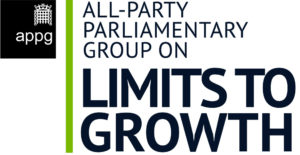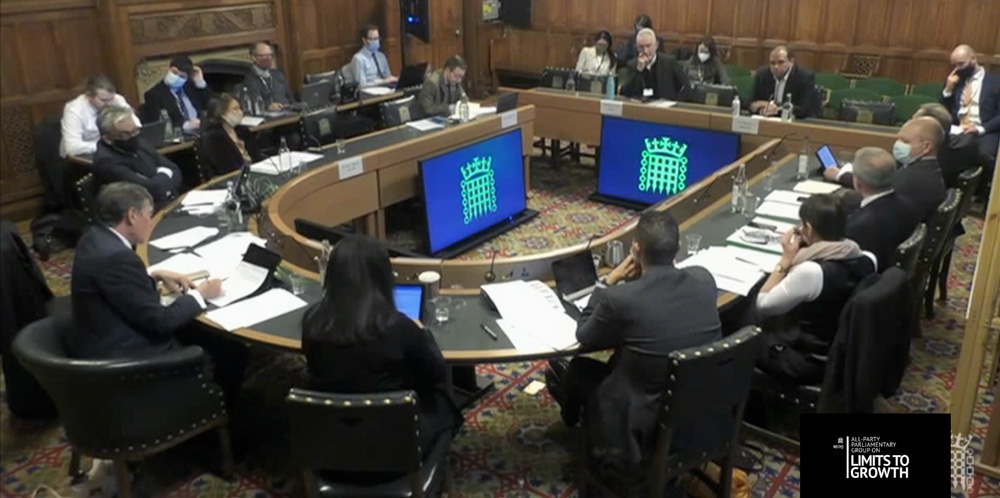There are growing calls from economists and environmentalists for current measures of economic progress to be developed to reflect the importance of sustainable development. The current primary measure—GDP growth—is often presented as a proxy for economic prosperity. The pursuit of growth in GDP is the default policy position, even when it is understood that the measure of GDP is flawed and that the impact of continued economic growth is not sustainable.
The UK Environmental Audit Committee’s remit is to consider the extent to which policies and programmes of UK government departments and non-departmental public bodies contribute to environmental protection and sustainable development, and to audit their performance against sustainable development and environmental protection targets.
With this inquiry, the EAC examined how the UK Government could incorporate environmental sustainability into its leading measures of UK economic success, the committee invited written submissions to address questions around ‘inclusive wealth’, measurement of national wellbeing, and national government accounting.
Letters
Following the inquiry, in letters to the Chancellor of the Exchequer and to the National Statistician, the EAC called for estimates of greenhouse gas emissions to be published alongside GDP figures to indicate properly whether economic growth and slashing emissions can be achieved together.
The Office for National Statistics (ONS) has since committed to “looking beyond GDP and providing insights on climate change“.
Written submissions
Written evidence was submitted by i.a. CUSP, Aldersgate Group and the IFoA, the Office for National Statistics, the Institute for Global Prosperity, Doughnut Economics Action Lab, the Carnegie Trust and Positive Money. A full list of submissions can be accessed via the EAC website.
Public hearings
Oral evidence sessions were held on 9 February 2022 and 2 March 2022. Witnesses included Prof Tim Jackson, Prof Henrietta Moore, Kate Raworth, Dr Matthew Agarwala, Signe Norberg, Jeremy Peat OBE, and Nick Spencer. The transcripts from both sessions can be found on the EAC website. The video recordings are available on the parliament.tv website.

